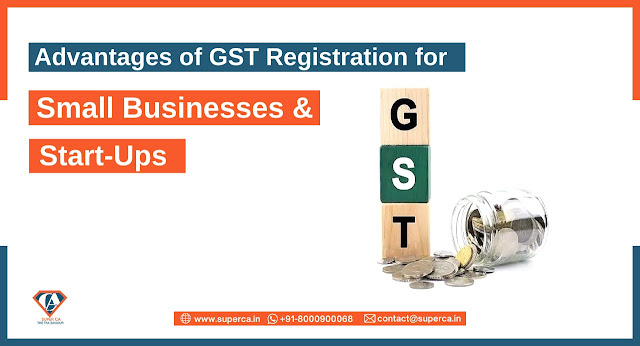All You Need To Know About Online GST Registration

Online GST Registration is a process for applying for a unique GSTIN from the GST Portal. It requires no manual intervention or no physical paper submissions. A very simple online procedure has been prescribed for this. GSTIN is required by every registered taxpayer in order to collect and pay GST on the outward supplies i.e. sales and for claiming ITC on the inward supplies i.e. purchases. The registration process is usually finished within 4 to 6 working days and a 15-digit GSTIN (GST identification number) and a certificate of registration are allocated by the GST department. Benefits of having Online GST registration ➢ Less compliance The number of separate compliances is lesser now with GST. Under the previous tax regime, businesses had to file multiple returns accorded with different indirect taxes – VAT, excise, and service tax. As GST is a unified and singular tax regime, the number of filings has come down, making it less hassle for entities to file a return. ➢ Eliminate...



